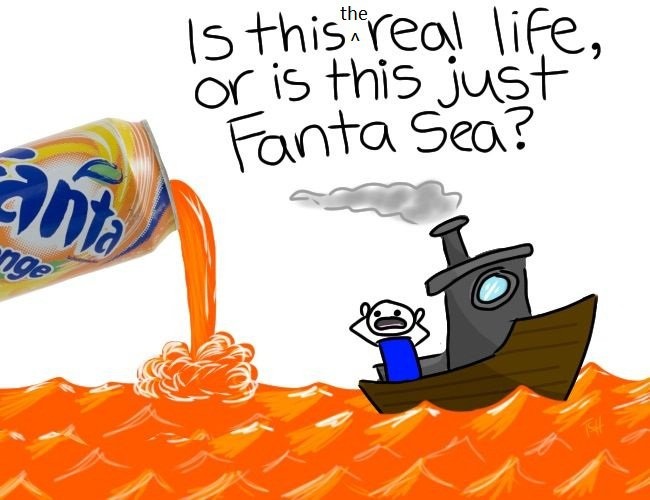Every so often, editing serves up a little treat: the “fun catch”—a word that is spelled correctly and is perfectly ordinary, but it’s the wrong word.
These slip-ups often sneak past spellcheck because they are real words. Homophones are common culprits: “their” for “they’re,” “bare” for “bear,” or in one of my recent favorites, “scene” for “seen”:
The door to the house opened, and one of the strangest creatures Dylan had ever scene walked out toward them.
It’s a wonderful image, accidentally dressed in the wrong word. The brain, hungry for flow, might glide right over it.
These kinds of errors remind us that writing is deeply human. Our brains know what we meant to say, and they often override the actual letters on the page. It’s why writers can read a draft ten times and still miss a “form” that should be “from.”
Proofreaders are like treasure hunters—trained to spot what doesn’t belong. We read what’s there, not what’s meant. And we learn to recognize when something feels “off,” even if it looks fine at first glance.
Here are a few more common word mix-ups that fall into this fun category:
- Wave — waive
- Compliment — complement
- Affect — effect
- Baron — barren
Catching them is part of the joy of editing: quietly rescuing clarity from chaos, one nearly invisible mistake at a time.
So here’s to the fun catches. May we continue to sea them often.

